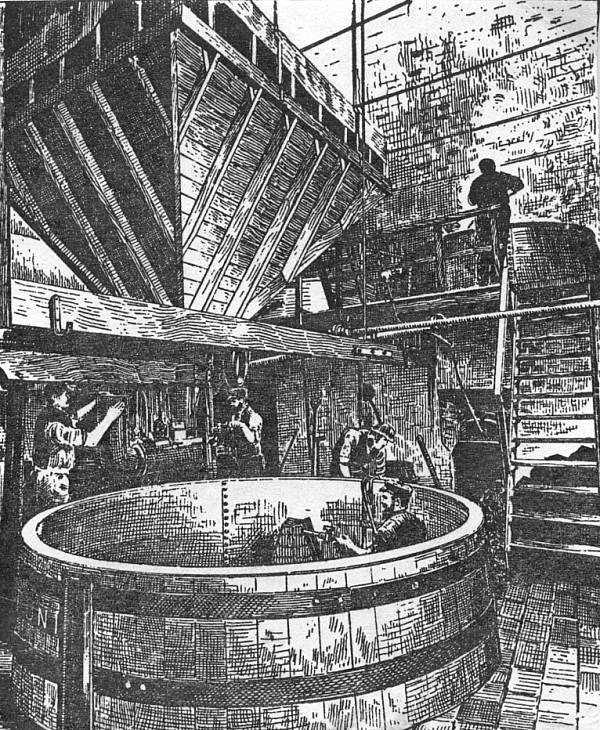This is the third post in a three-part series on our partnership with organic hop growers in Yakima.
My last two posts have focused on our partnership with the American Organic Hop Growers Association. I’ve talked about our trip to Yakima to visit the new Cowiche Canyon organic hop farm on entomologist Ron Britt’s family’s property just outside Yakima. And last time I wrote about some of the challenges faced by organic hop growers.
To review: on September 1st, the Cowiche Canyon organic Simcoe® and Citra® hops were harvested. The next morning, Brad Carpenter, Ron Britt, and his son Reed trucked 75 lbs of each to Seattle.
It was tricky to brew but by the end of the day, our first fresh-hopped beer, the Cowiche Canyon Organic Fresh Hop Ale, was in the fermenter. Here’s Matt to expalain: “We had to use a totally different process with fresh hops. Using exclusively fresh, wet hops was an interesting challenge due to the sheer volume of hops and the unique flavor of fresh hops as opposed to dry hops. We decided to use our mash tun as a hop back which means we put 100 pounds of hops in one of our tanks and ran all the beer through this wall of hops before it went into our fermenters. The wall of hops concept was designed to get the freshest hop flavor possible out of the hops.”
Want to try some? We’ll tap it at the Yakima Fresh Hop Ale Festival on Oct. 2 but after that, it will be on tap for as long as the 15 barrels last at the Urban Beer Garden and maybe also in growlers. It was the ultimate “farm-to-table” experience to watch the evolution of the cowiche Canyon hop farm, eat them right off the vine on our visit and then make beer with them the day after harvest. We’re looking forward to many more seasons of collaboration with the Carpenters, Britts, and other members of the American Organic Hop Growers Association.






